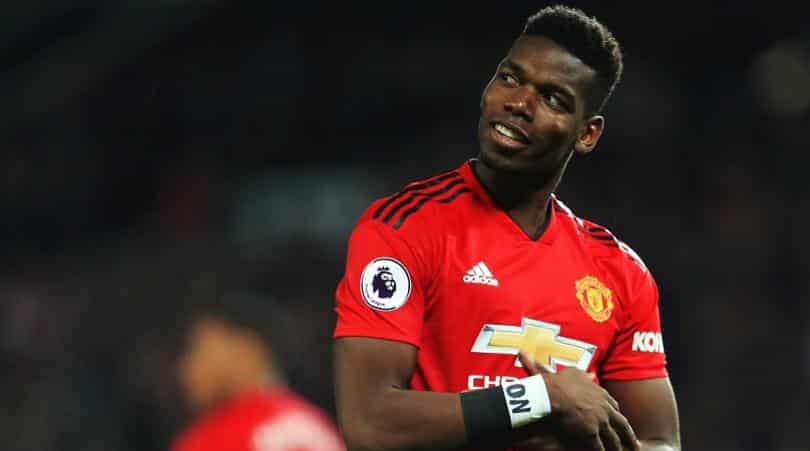The players have seemingly wrested power away from the managers across Europe’s big leagues – with worrying consequences, writes WADE PRETORIUS.
It’s not something Sir Alex Ferguson had ever really considered… losing the dressing room. The game’s iconic modern manager, the coach who oversaw Manchester United’s domination of the Premier League, was definitively in charge. Just ask David Beckham, Ruud van Nistelrooy and Roy Keane.
He was overbearing and far from subtle about his requirements, but he never lost the personal touch. Ferguson set the standard that many have tried to follow, including one-time United manager Jose Mourinho, except that the Portuguese tried to replicate the Scot’s style without the personal connection nor the legacy.
The modern game has changed since Fergie’s retirement a few years back. Power, it would seem, is in the hands of the players, with managers working around their stars. The best managers now are those who stay out of the conflict zone (read Pep Guardiola) and prefer to move on before the pressure becomes unbearable (read Zinedine Zidane). Some of the current crop do not have the high-profile personalities to garner respect, such as Ferguson or Arsene Wenger. Now, it’s the players who ‘pay the bills’ and the managers are deemed to be collateral damage.
When a highly-paid star doesn’t deliver, it’s the manager who’s at risk of moving on, and not the player. It’s a new world out there, one in which Paul Pogba, Mesut Ozil and Eden Hazard are the de facto leaders, and the likes of Ole Gunnar Solskjaer, Unai Emery and Maurizio Sarri are second in command at best, if at all.
The modern player knows how to work the game and the media; how to increase his already outrageous pay cheque from the moment his name appears in the transfer gossip sections, linked with a big move away just at the time he’s due to renew his current deal. When being left out of the starting lineup due to poor performance heaps more pressure on the manager than the player, with fans in uproar over misuse, football’s gone a bit mad.
No club has personified this growing problem quite like Chelsea in recent years: at least 12 managerial changes in the past 10 years, with the latest ‘victim’ walking a seemingly never-ending tightrope to the unemployment line. Sarri has not been helped by the protracted contract saga linking the team’s best player, Hazard, to Real Madrid and the ‘will he or won’t he?’ transfer stories. Many of the club’s fans have already resigned themselves to the fact Hazard will be moving on at the season’s end. Roberto Martinez labelled the Belgium star the ‘modern leader’. The club know what a modern leader is… they already had John Terry and Frank Lampard, for ease of reference. Sarri was also at the centre of Kepa Arrizabalaga’s epic show of insubordination during the League Cup final.
The world’s most expensive goalkeeper refused to be substituted and dragged himself, the manager and the club through the mud as all and sundry attempted to downplay the incident as a ‘misunderstanding’.
It can be hard to understand what goes on at times in the modern game: how players could refuse to leave the pitch; how many can turn in poor performances and not suffer the consequences, because their boss has ‘lost the dressing room’; and how they feel they have the right to be paid millions of pounds a month without any on-field success.
While harsh economic times look set to stay, there may yet come a time when fans object to this kind of behaviour. When players – and managers to some extent – may be forced again to put the badge on the front of the shirt ahead of the name on the back.
The seemingly never-ending flow of money might not last forever, and if that day comes, it will only be performance, commitment and passion that matter, just as it did not too long ago.





